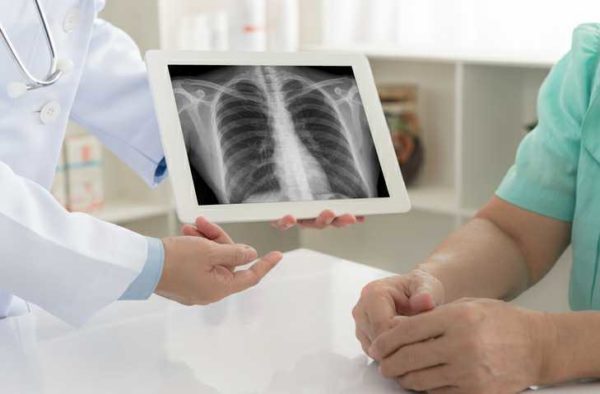How a crash can damage your internal organs

The impact of a crash, especially at a high speed, can cause serious injuries to drivers and passengers. Internal injuries can occur when car occupants make contact with the dashboard, windshield or steering wheel. They can also be caused by broken ribs or collarbones while wearing a seatbelt during a frontal collision or the triggering of the car’s air bags.
There are generally three causes of crash-related internal injuries:
- Blunt force trauma from a collision, rollover or side-impact crash
- Being pierced by a broken bone or sharp, foreign object
- Violent shaking or body trauma (“whiplash”) during the crash in being thrown about the vehicle
Which internal organs are usually impacted by a car accident?
The following internal organs and body parts are those most commonly affected during a crash:
- The spine (neck, thoracic (middle), and lumbar [lower portion]) of the back from impact to some portion of the interior of the vehicle where the spine is struck or violently shaken or disrupted.
- The brain: Traumatic brain injuries (TBIs) are very common in crashes and are often the result of blunt trauma to the head or violent shaking. Concussions are the most common TBIs sustained in crashes and can result in loss of consciousness, confusion, fatigue, nausea, vomiting, headaches and mood changes. Other TBIs can cause severe and permanent brain damage.
- The spleen (trauma to the abdominal cavity or low back). The spleen is located under the left rib cage near the stomach. It doesn't take much blunt force to damage or rupture the spleen. An injury to this organ can result in internal bleeding and may require surgery and rehabilitation to recover. In may cases one can live a normal life if their spleen must be removed.
- The liver (trauma to the abdomen or low back). The liver is situated on the right side of the abdomen and serves several vital functions in the body. A severe injury to the liver can be life-threatening and require surgery to repair. A liver cannot be replaced except by organ donation.
- The kidneys (trauma to abdominal cavity, ribs or low back): The kidneys are located below the ribs on both sides of the spine and are responsible for filtering the blood. Blunt trauma to the mid or lower back in a crash can cause damage to the kidneys and result in blood in the urine. If the kidneys are damaged enough, surgery may be required.
- The heart and lungs (trauma to the ribs): Both the heart and lungs can sustain puncture wounds during a crash from surrounding boney structures or hard bodies. This often happens when the ribs or collarbone are broken or when a car occupant is pierced with a sharp object in a crash.
How to pursue a car accident claim after sustaining an internal injury in a crash
Sometimes internal injuries aren't obvious or even painful. Signs of an internal injury could take several hours or days to appear. That's why it's always critical to get medical attention after a crash, even if you feel fine. Your doctor may discover that you have sustained a serious internal injury that needs prompt treatment or surgery.
The cost of recovery can be expensive. If you're unable to work and earn a paycheck, it can be difficult to pay your medical expenses and make ends meet. That's why you need to speak to an experienced Maryland attorney who can help pursue legal damages through a car accident claim.
To get started on your claim, contact the Law Offices of Stuart L. Plotnick, LLC and schedule your free and confidential case consultation. We serve clients in Maryland, Virginia, and the District of Columbia.

